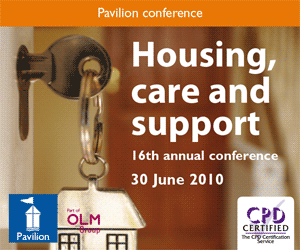
Online access is now Free. If you have an existing subscription click here for more information
Lunchtime news Friday 25 January 2024
25/01/2024
UK household income has doubled in real terms during the past 50 years, and our spending patterns have changed. In 2006, basic necessities including food, accounted for a smaller proportion of the household budget, while more was spent on housing, leisure activities, travel and cars. In 1957 three items – food, fuel and rent, made up nearly half of all household expenditure. By 2006, the cost of housing including mortgage repayments, home improvements and rent had more than doubled and now take up 22 per cent of household spend, up from 9 per cent in 1957.
Meanwhile the strength of the housing market has been blamed for British households’ lack of savings. The proportion who save money has increased by only 6 per cent in the past 50 years – from 37 to 43 per cent. More than half do not put money aside regularly, and Capital Economics believes that the housing market has exerted a strong influence on the number of savers, as mortgages repayments absorb more of family budgets and savings are dismissed as a lesser priority.
A campaigning group, Splinta, wants sellers to keep the right to put their home on the market before their home information pack (Hip) is finalised. Currently, owners can market their properties as soon as they have commissioned a Hip, but from June this year, the Hip will be needed first. Splinta fears the move will be another blow to the ‘health of the housing market’.
According to fund manager Neil Woodford of Invesco, house prices will fall by up to a tenth this year, with the average home dropping by £18,500 or £50 per day. He warns that losses will be large for owners of new-build flats aimed at the buy-to-let investor, which he says are ‘almost unsellable’.
Repossessed homes are already ‘flooding the market’ according to Europe’s largest residential property auction house, Allsop. Almost 40 per cent of homes currently on their books are being sold by banks and building societies after repossessing them. This is double the proportion for the same time last year.
European governments and the European Commission are being urged to hasten the development of houses that produce no greenhouse gases and to better enforce green building codes as a report from the European Energy Network (ENR) is released today. The ENR says that national governments should prioritise the introduction of energy performance certificates that give a house an energy rating. Britain will be introducing certificates and have set a target of building zero-carbon homes, to start from 2016.
Previous article: Lunchtime news Tuesday 22 January 2024
Next article Lunchtime news Wednesday 30 January 2024
All tags
Blog archive
2010
2009
- December 2009
- November 2009
- October 2009
- September 2009
- August 2009
- July 2009
- June 2009
- May 2009
- April 2009
- March 2009
- February 2009
- January 2009
2008
- December 2008
- November 2008
- October 2008
- September 2008
- August 2008
- July 2008
- June 2008
- May 2008
- April 2008
- March 2008
- February 2008
- January 2008
2007
- December 2007
- November 2007
- October 2007
- September 2007
- August 2007
- July 2007
- June 2007
- May 2007
- April 2007
- March 2007
- February 2007
- January 2007



No comments have been made on this article yet.